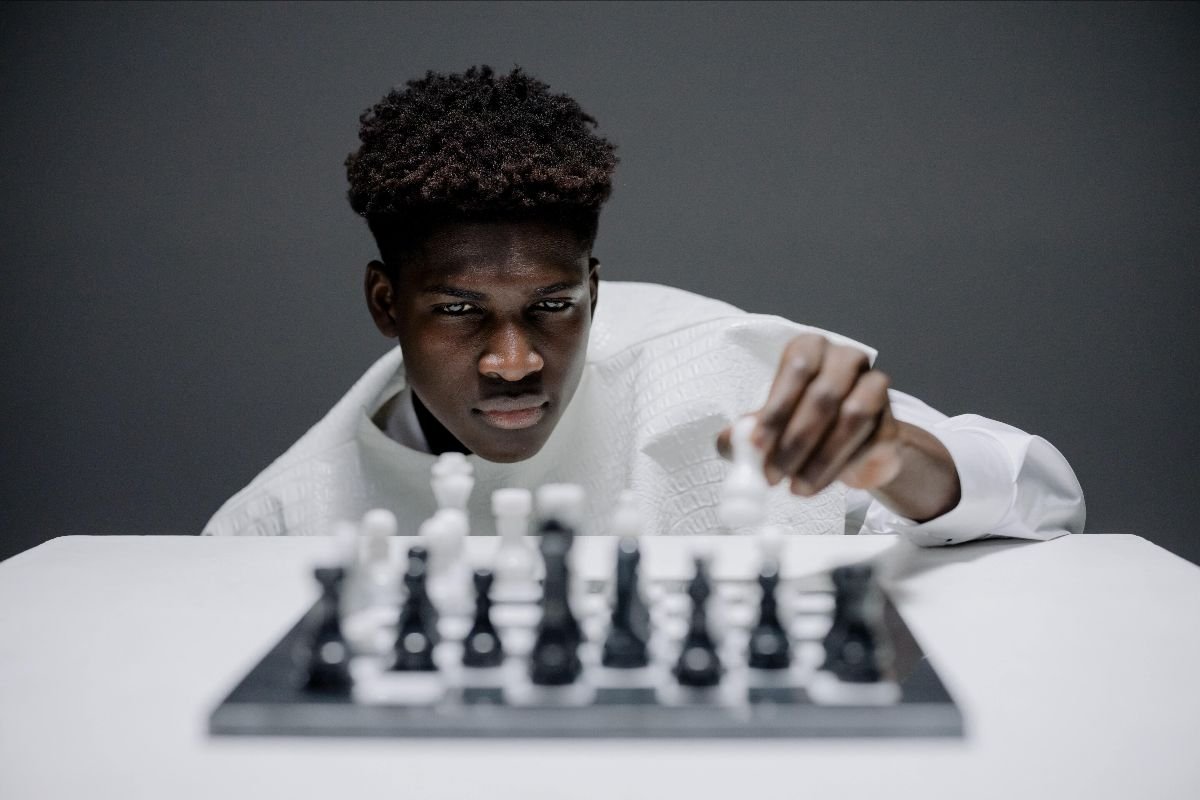🧠 The psychology of reactions, social status and decision-making
First off, we see another facet of how personality plays an important role in people's reactions. Then, new insights as to how our brain knows whether our actions actually make a difference. And how social rank plays a role in decision-making.
Don't forget we're here to help. From improving your marketing with psychology and data to making your communications more persuasive. Tell us what you're trying to do and we'll show you how we can help.
Every so often we use our Monkey Business newsletter to share useful nuggets, opinions, and findings as food for thought. Sign up here.
How stress makes us less altruistic. And why some more than others.
This new study sheds fascinating light on how those who are more empathetic - better at imagining others' mental state - are affected differently by stress.
We often talk about personalised nudges: customising communications to different personality types. Put simply, different psyches are driven by different stimuli. For example someone more neurotic is more likely to respond to loss-aversion.
New research published in JNeurosci from Universität Hamburg, presents a further new insight into how different personalities respond.
“The stress hormone cortisol reduces altruistic behavior and alters activity in brain regions linked to social decision making — but only in people who are better at imagining others’ mental states,” they reveal.
In the study, “participants decided how much money to donate to a selection of charities before and after completing a stressful public-speaking task while researchers monitored their brain activity with fMRI. To simulate the personal cost of making an altruistic decision, the participants received a portion of the money they did not donate. Before the stressful task, people with higher mentalizing ability, or the ability to imagine others’ mental states, donated more money than people with low mentalizing ability.”
If you’d like to talk to us about identifying and applying personalised nudges for your business, do get in touch.
Photo by Liza Summer from Pexels
How does the brain know whether our actions actually make a difference?
One bias that we see across sectors is the “illusion of control”. That is, our tendency to believe that we have more control over outcomes than we actually have. At one extreme, the football fan believing their pre-game ritual affects the match outcome. To more apparently rational ones - such as the decisions we make driving were wholly responsible for us arriving early.
Clearly, however, there are times when we ARE in control - but how does the brain know that our actions lead to results?
A new study from the splendidly named Champalimaud Centre for the Unknown, helps explain. And to do so, they talk about “The Actor Versus The Spectator”
"We found that there are two learning processes that occur in parallel: the actor and the spectator. The brain continuously monitors and compares these two processes to determine which is better at making predictions", explained Zachary Mainen, a principal investigator at Champalimaud Foundation and co-author of the study.
"A game of tennis is a good example of how the systems operate", added Ligneul. "The actor system would be dominant when it's your turn to serve, because your brain needs to calculate which actions would generate the best trajectory. However, if you are in the return position, then there's nothing you can do to determine where the ball will land. So in that case, your brain would opt for the spectator system so that you'll be ready when the ball comes your way."
If you’d like deeper insights on how your audiences process and make their decisions, do drop us a line.
Photo by Cottonbro from Pexels
Why social rank is important in our decision making
We know that human decision-making is often made and influenced by social factors. In fact in the last few months, several of our projects have revealed different facets of this - from financial services, shopping - even the food and drink we buy.
But how do those micro-moments of influence actually work?
Well, a new study from the Salk Institute shows how social status plays a vital role and particularly the mindsets that lead to the “successful” influencing of another.
They describe how they “have made inroads into understanding how the mammalian brain encodes social rank and uses this information to shape behaviors. In mice engaged in a competition, the team discovered, patterns of brain activity differ depending on the social rank of the opposing animal.
“Moreover, the scientists could use brain readouts to accurately predict which animal would win a food reward -- the victor was not always the more socially dominant animal, but the one more engaged in a 'winning mindset.'”
Photo by Kindel Media from Pexels
As ever, if there's anything we can help with, do let us know.
James, Patrick and Dan
We practically apply the science of the human mind for hard, commercial results
Please feel free to share.
Sign up for your own MONKEY BUSINESS by clicking here




